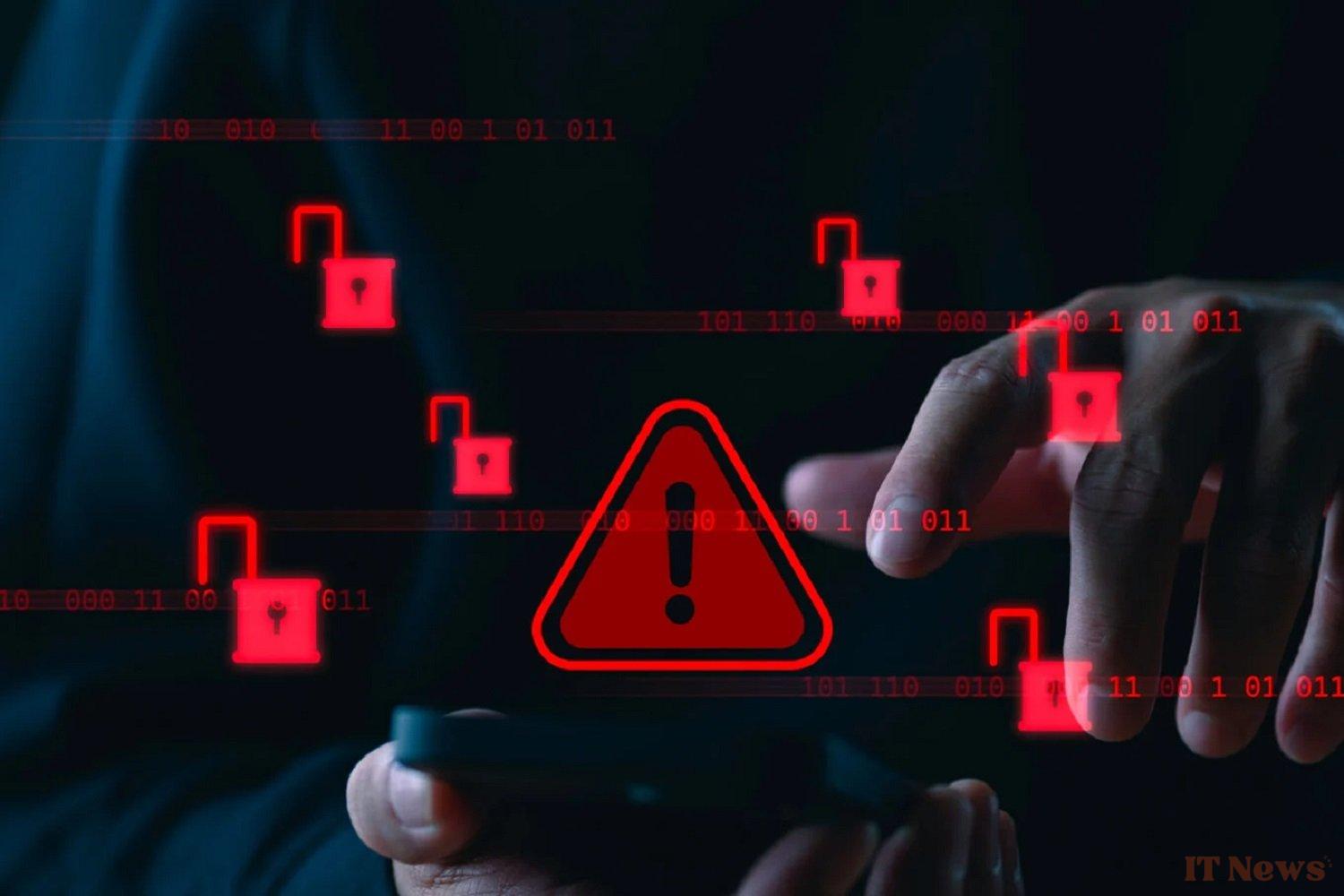France has just suffered a major cyberattack. A global data breach involving more than 2.3 million bank card details was stolen and disseminated on the dark web. 95% of hacked bank cards are active and therefore likely to be used for fraudulent purposes. In France in particular, approximately 40,000 people are directly affected, according to initial analyses.
Infostealers, the favorite weapons of cybercriminals
At the heart of this cyberattack is malware capable of infiltrating its victims' devices to steal sensitive data, primarily banking information. Smartphones are particularly targeted, as they are now the hub of much of our digital activity and personal data.
What is an infostealer?
An infostealer is malware designed to stealthily steal sensitive information from a device, such as logins, passwords, banking data, browsing history, or cryptocurrency wallets. Unlike other, more visible malware, an infostealer operates silently: it quickly collects and exfiltrates data to a server controlled by cybercriminals, then often disappears without a trace. It is primarily spread through phishing campaigns, pirated software downloads, malicious browser extensions, or infected email attachments. The stolen data is then used to access accounts, launch further attacks, or is resold on the dark web. Infostealers are often offered as a service (Malware-as-a-Service), making them easy to use even by inexperienced attackers.
Among the most active malware in 2024, Redline dominates by far, followed by Risepro, which is growing rapidly, and Stealc. These programs are constantly evolving, making the task of cybersecurity experts increasingly complex. Beyond the number of victims, this new cyberattack demonstrates the ability of cybercriminals to adapt and exploit vulnerabilities in IT systems.
Between 2023 and 2024, nearly 26 million devices will have been infected by malware worldwide, including 9 million in 2023 alone. Improving protection systems is not enough. The dark web black market is full of banking data resold at exorbitant prices, where Each new leak increases the risk for all Internet users.
How to protect yourself?
- Activate two-factor authentication on your bank accounts and sensitive services.
- Regularly monitor your bank statements for suspicious activity.
- Immediately block your card if in doubt and request a new card from your bank.
- Change your passwords and avoid reusing them on multiple sites.
- Never download software or files from unverified sources.
- Stay vigilant against phishing attempts, even if they appear to come from official organizations.
These are all well-known precautions, but they remain essential in terms of cybersecurity. As threats evolve and data leaks increase, protecting your personal data depends primarily on your vigilance and your ability to adopt the right reflexes.



0 Comments